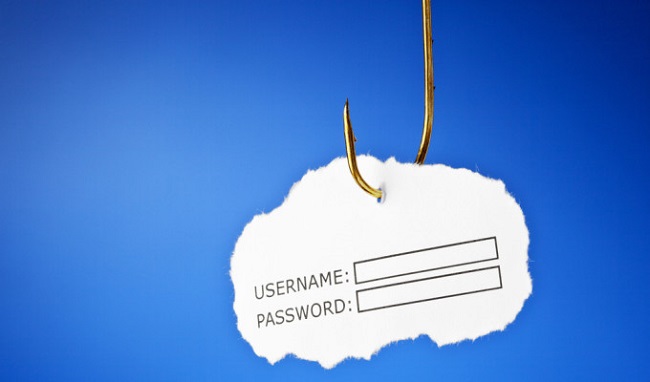LinkedIn phishing attacks, new ransomware and other IT security news
In this week’s IT security news, LinkedIn users are increasingly under threat of new phishing campaigns. A new form of ransomware has been discovered and several other interesting developments have taken place. Keep reading for some insights into these news stories.
LinkedIn users under threat by new phishing campaign
This campaign is designed to divert LinkedIn users to a fake login page where their details can be logged and compromised. The phishing message prompts a message that states this page must be visited so as to ensure online services are uninterrupted. This is a classic phishing technique and LinkedIn is one of several new avenues that phishers are looking at. If your LinkedIn account has been compromised, visit this link.
New form of ransomware found in-the-wild
As if contending with ransomware that locks machines and demands a payment to unlock it was not enough, a new version of this malware is now doing the rounds. This strain (known as CTB-Locker) demands payment in Bitcoins, like most prevalent ransomware. Additionally, its command server is located within the Tor anonymity network. This is a first for ransomware and shows the evolving nature of the malware industry.
Fake Googlebots serving as basis for DDoS attacks
Googlebots visit a website around 150 times a day on average. Malware authors are now increasingly using fake Googlebots to initiate DDoS attacks against targets. So this is yet another vector that website owners need to look out for. Read more here.
Microsoft went through private Hotmail account to trace source of trade secrets
Your emails are not private, and this case proves it. Microsoft was tracing down an employee who they believe stole trade secrets, so they went through the personal email account of a blogger. This just goes to show that when push comes to shove, Microsoft and all other online service providers for that matter, will not hesitate to scan through email accounts in order to locate data. Read more here.
Other News:
# Wikipedia actively blocks page edits about the US Congress that it deems ‘disruptive’.
# Internet in Syria faces a complete blackout for a few hours.




No Comments, Be The First!